In the realm of filmmaking, every creative decision can leave a lasting mark, whether intended or not. For director Chris Columbus, one such decision has become an unexpected and unwelcome burden: the brief cameo appearance of Donald Trump in the 1992 holiday sequel "Home Alone 2: Lost in New York." What was once a seemingly innocuous moment in a beloved Christmas classic has since evolved into what Columbus describes as "an albatross" around his neck.
"Home Alone 2: Lost in New York" was a highly anticipated follow-up to the 1990 box-office smash "Home Alone," which introduced audiences to the resourceful and mischievous Kevin McAllister, played by Macaulay Culkin. The sequel saw Kevin, once again separated from his family, finding himself in New York City's iconic Plaza Hotel. It was here that the film's narrative intersected with a real-life figure who would later become one of the most polarizing political personalities in modern history.
In a candid interview with the San Francisco Chronicle, Columbus revealed his deep regret over Trump's inclusion in the film. "It's become this curse. It's become this thing that I wish it was not there," he lamented. The cameo, which sees Trump briefly interacting with Kevin to provide directions to the hotel's lobby, was a strategic move necessitated by the film's production requirements. At the time, Trump owned the Plaza Hotel, and he leveraged this ownership to demand a role in the movie. Columbus recalled, "We were desperate to get the Plaza Hotel," a location central to the film's plot.
The decision to include Trump was not without its initial rewards. Columbus recounted how audiences cheered when Trump appeared on-screen during the film's first screening. "It's a moment for the audience," he thought at the time, deciding to leave the scene in the final cut. However, the passage of time and the subsequent rise of Trump's political career have cast a different light on this decision. What was once a harmless cameo has become a source of discomfort and controversy for Columbus.
Trump's own recollection of the event, shared on Truth Social in 2023, painted a different picture. He claimed that he was initially reluctant to participate but was persuaded by the film's producers. "I was very busy, and didn't want to do it. They were very nice, but above all, persistent. I agreed, and the rest is history!" he wrote. Trump further insisted that his cameo contributed to the film's success, a statement that Columbus vehemently disputes. "He said I was lying. I'm not lying," Columbus clarified in the Chronicle interview. "There's no world I would ever beg a non-actor to be in a movie."
The film itself, starring Culkin, Catherine O'Hara, John Heard, Tim Curry, Joe Pesci, and Daniel Stern, was a commercial triumph, grossing $359 million—an impressive figure for the early 1990s. Its success was built on the charm of its young protagonist, the comedic brilliance of its supporting cast, and the nostalgic appeal of a holiday setting. The inclusion of Trump's cameo, while brief, has since overshadowed these achievements in the public discourse.
Columbus's regret over the cameo is not just a matter of artistic integrity but also a reflection of the broader cultural and political shifts that have occurred since the film's release. What was once a simple narrative device has become entangled in the complex and often contentious legacy of Donald Trump. The director's desire to remove the scene, while understandable, is complicated by the legal and contractual obligations that bind him. "I can't cut it," he admitted, fearing that such an action might lead to more significant consequences. "I'll be considered sort of not fit to live in the United States," he joked, highlighting the absurdity of the situation.
The cameo's lasting impact is a reminder of the unpredictable nature of cultural artifacts. Films, like all forms of art, exist within a broader social and political context, and their meanings can shift dramatically over time. "Home Alone 2" was never intended to be a political statement, yet Trump's appearance has imbued it with a significance that Columbus never foresaw. The film's legacy is now inextricably linked to the figure of Trump, a connection that Columbus deeply regrets.
As audiences revisit "Home Alone 2" during the holiday season, the cameo serves as a jarring reminder of a different era. It is a relic of a time when the lines between entertainment and real-life figures were less scrutinized. For Chris Columbus, it is a constant reminder of a decision made under duress, one that has since become a source of personal and professional discomfort.
The story of Trump's cameo in "Home Alone 2" is a cautionary tale about the unintended consequences of creative choices. It underscores the importance of considering the long-term impact of seemingly minor decisions and the ways in which art can become entangled in the broader currents of history. For Columbus, the experience has left an indelible mark, a reminder that even the most beloved films can carry unexpected burdens.
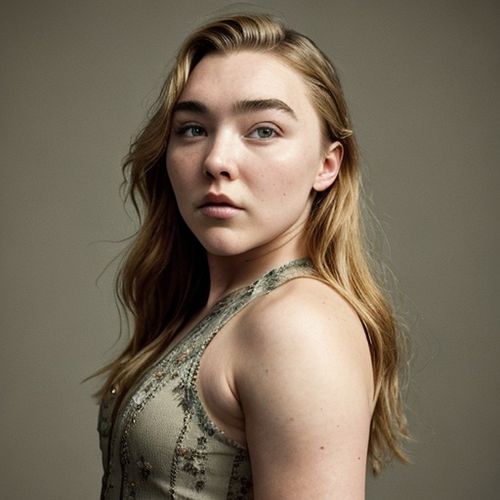
By Benjamin Evans/Apr 16, 2025
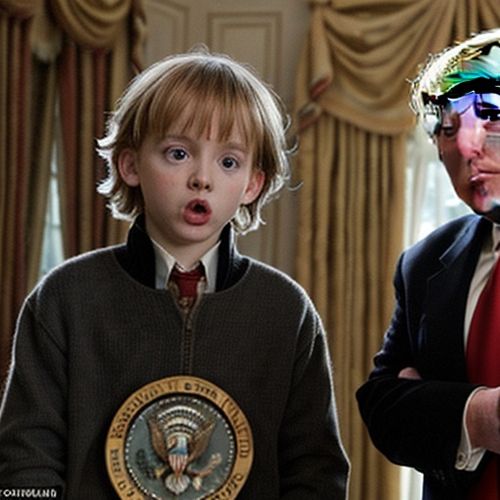
By Megan Clark/Apr 16, 2025
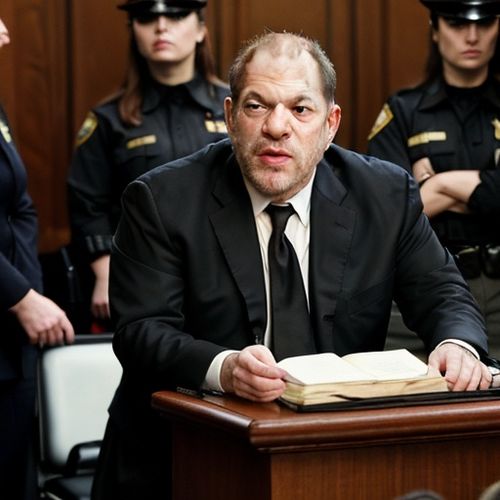
By Grace Cox/Apr 16, 2025
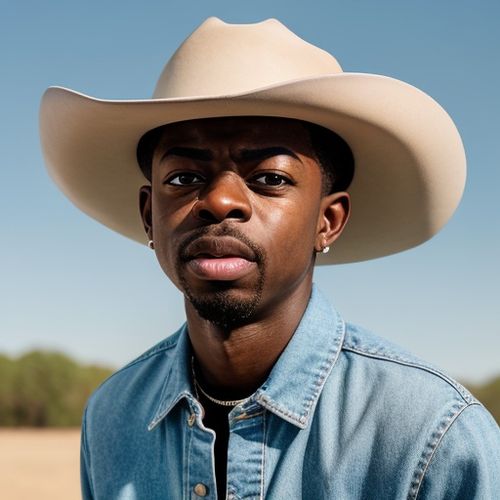
By David Anderson/Apr 16, 2025
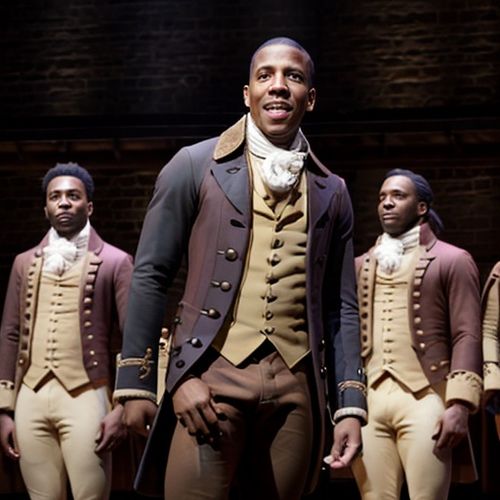
By Amanda Phillips/Apr 16, 2025

By Christopher Harris/Apr 16, 2025
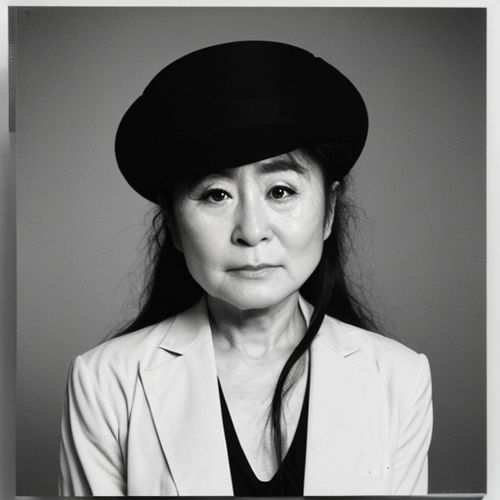
By Emily Johnson/Apr 16, 2025

By Natalie Campbell/Apr 16, 2025
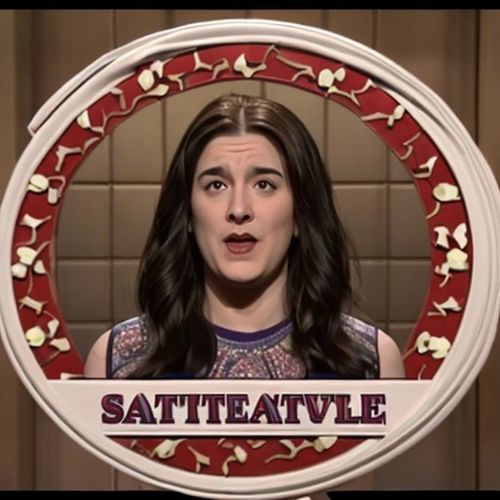
By Christopher Harris/Apr 16, 2025
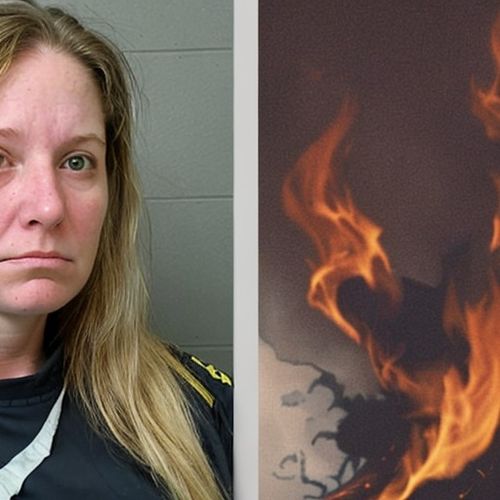
By Grace Cox/Apr 16, 2025
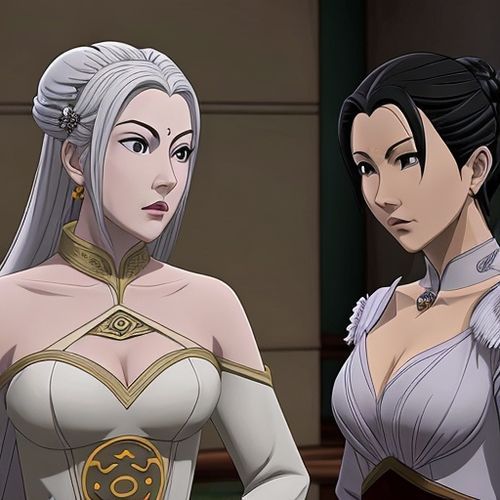
By Natalie Campbell/Apr 9, 2025
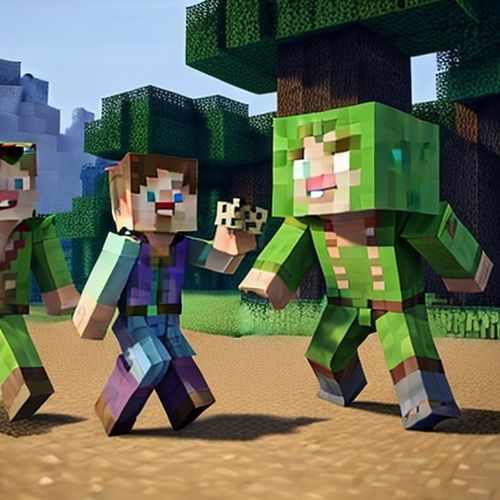
By Megan Clark/Apr 9, 2025
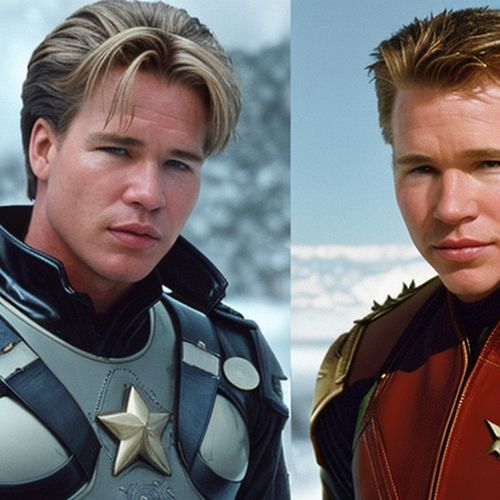
By Sophia Lewis/Apr 9, 2025

By Elizabeth Taylor/Apr 9, 2025

By Amanda Phillips/Apr 9, 2025

By Megan Clark/Apr 9, 2025

By Olivia Reed/Apr 9, 2025
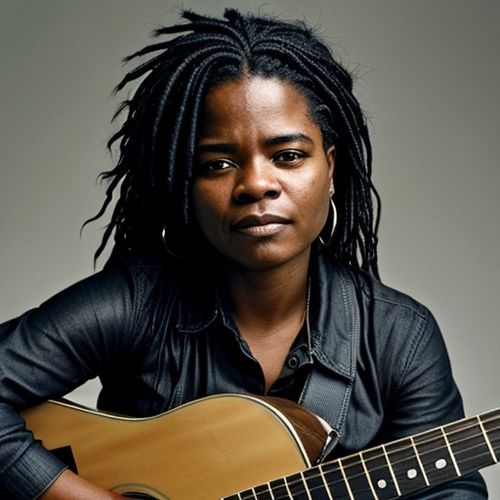
By Jessica Lee/Apr 9, 2025

By Amanda Phillips/Apr 9, 2025
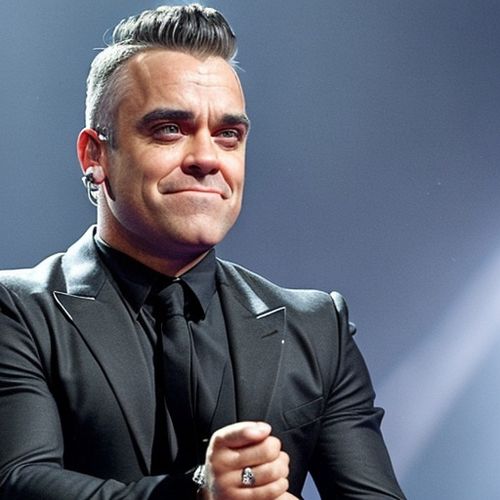
By Thomas Roberts/Apr 9, 2025